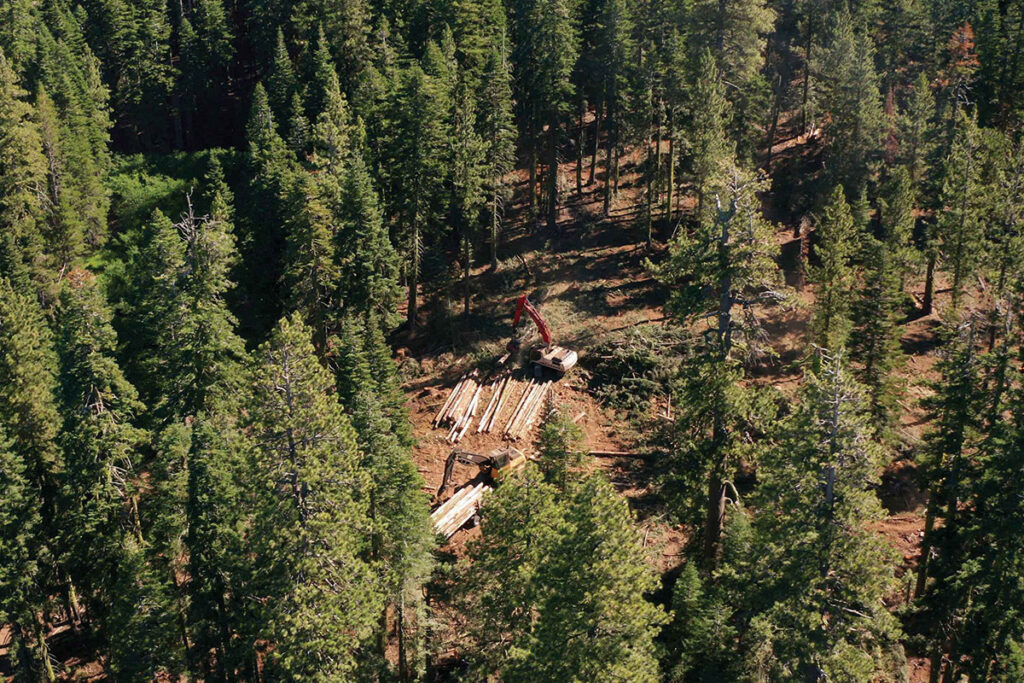
For most of us, the phrase “government bureaucracy” calls to mind a mountain of paperwork. Last week, the Supreme Court heard a case concerning one of the major sources of such paperwork: the National Environmental Policy Act. Although the law’s purpose is laudable, the court’s interpretation threatens to render an already taxing process totally unworkable.
The specific dispute in the case is over a federal agency’s approval of the construction of 88 miles of rail in rural Utah, a project supported by the state, local communities, and tribes. Several environmental litigation groups, however, oppose the project. They sued, of course, arguing that the agency cannot approve the private project without first exhaustively analyzing the risk of a train accident in Colorado, air pollution in the Gulf Coast, and global climate change.
Those are serious environmental issues to be sure, but their connection to this modest rail line is tenuous. When policymakers talk about the need for permitting reform, this is the kind of case they have in mind.
The Biden administration is urging the Supreme Court to uphold its approval of the project, and it deserves credit for rejecting the litigants’ effort to make the NEPA even more burdensome. Drawing a reasonable line on what an agency must consider when approving projects is better for agencies, the regulated community, public participation, and the environment.




